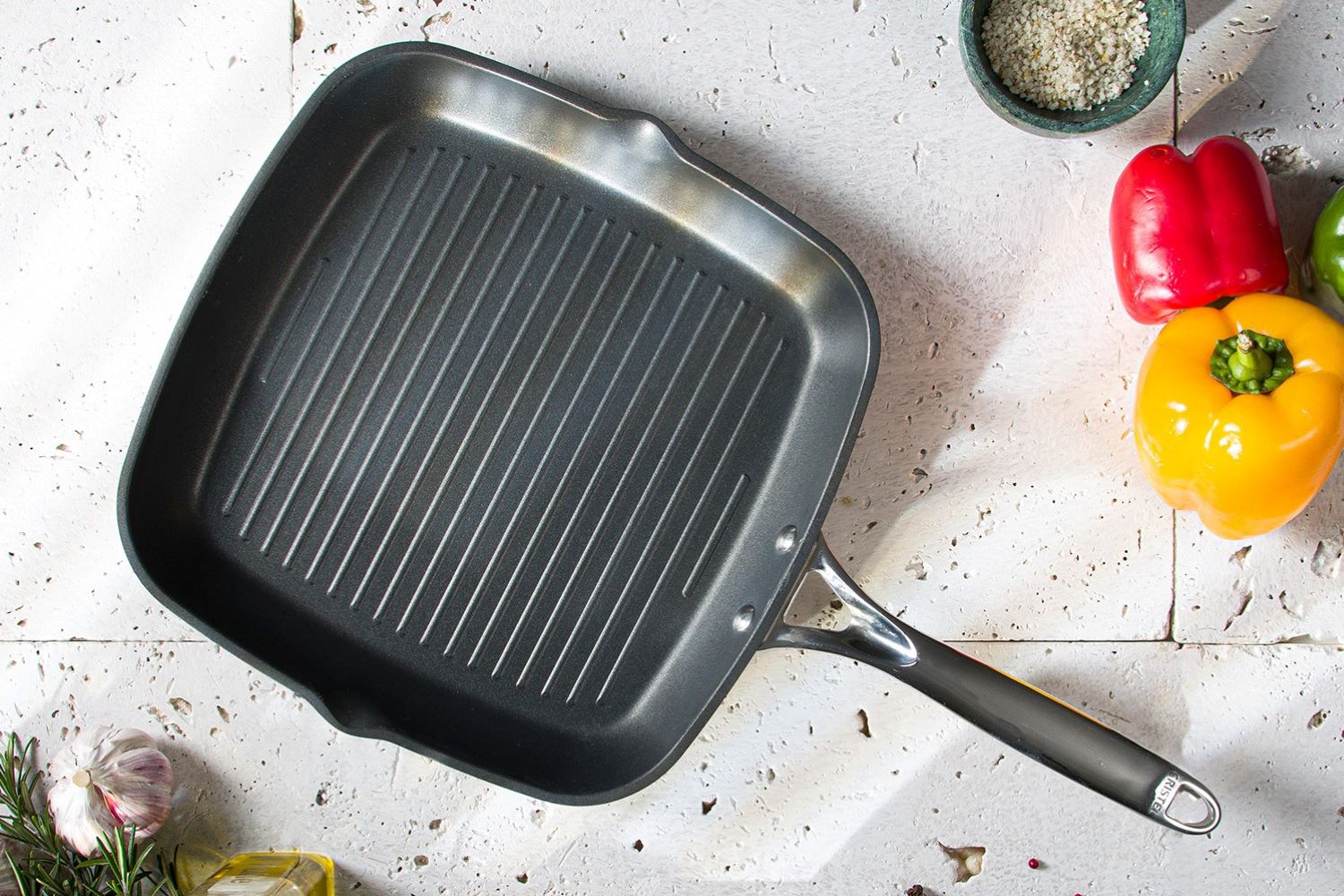
Curing a cast iron grill pan, also known as seasoning, is an essential step for barbecue enthusiasts who want to maintain their cooking equipment in tip-top shape. Whether you're a seasoned griller or a novice, understanding how to cure your cast iron grill pan can make a tremendous difference in your grilling experience. In this article, we will cover everything you need to know about curing a cast iron grill pan, ensuring it delivers exceptional results for years to come.

What is Seasoning and Why is it Important?
Curing a cast iron grill pan involves applying a layer of oil to the pan and heating it to create a non-stick surface. This process, known as seasoning, not only prevents food from sticking but also protects the grill pan from rust and enhances its cooking capabilities. A well-seasoned cast iron grill pan can also impart a unique flavor to your grilled foods, making your barbecues truly remarkable.

Materials Needed for Seasoning
Before you begin the seasoning process, gather the following materials:
- A clean, dry cast iron grill pan
- Vegetable oil, flaxseed oil, or another food-safe oil
- Paper towels or a clean cloth
- Aluminum foil
- An oven or grill
Choosing the Right Oil
The type of oil you use for seasoning is crucial. While vegetable oil is commonly used, some grill masters prefer flaxseed oil for its high smoke point and superior durability. Regardless of your choice, ensure that the oil is food-safe and has a high smoke point to withstand the high temperatures required for seasoning.

Step-by-Step Guide to Season Your Cast Iron Grill Pan
Step 1: Clean the Pan
Before seasoning, it's important to clean your cast iron grill pan thoroughly. Use warm water and a mild dish soap to remove any dirt, grease, or rust. Scrub the pan gently using a soft brush or sponge. Rinse it well and dry it completely with a paper towel or cloth. Any remaining moisture can lead to rust during the seasoning process.
Step 2: Apply the Oil
Once the pan is dry, apply a thin layer of oil to the entire surface, including the grill grates and exterior. Use a paper towel or cloth to spread the oil evenly, ensuring no excess amount remains. Too much oil can result in a sticky, uneven coating.
Step 3: Heat the Pan
Preheat your oven or grill to 375F (190C). Place the oiled cast iron grill pan upside down on the middle rack, with a sheet of aluminum foil on the lower rack to catch any drips. Allow the pan to heat for an hour. Heating the pan at this temperature ensures that the oil bonds with the iron via polymerization, creating a strong, non-stick layer.
Step 4: Cool Down
After an hour, turn off the heat and let the grill pan cool in the oven or grill. This gradual cooling process helps the seasoning to set and solidify, providing a durable, protective coating.

Maintaining Your Seasoned Cast Iron Grill Pan
After seasoning, proper maintenance is key to preserving the non-stick surface and longevity of your cast iron grill pan. Here are some tips for maintaining your seasoned grill pan:
- Clean gently: Use warm water and a soft brush to clean the pan. Avoid using soap or abrasive materials that can strip away the seasoning.
- Dry thoroughly: Always dry the pan completely after washing to prevent rust.
- Reapply oil: Occasionally apply a thin layer of oil to the pan to maintain the seasoning.
- Store properly: Keep the pan in a dry place to avoid moisture buildup and rust.
FAQs
1. How often should I season my cast iron grill pan?
The frequency of seasoning depends on how frequently you use your cast iron grill pan. For regular users, seasoning it once every few months should suffice. If you notice food starting to stick or the surface looking uneven, it's time to season again.
2. Can I use soap to clean my seasoned cast iron grill pan?
It's best to avoid using soap, as it can strip away the seasoning. If you must use soap, opt for a mild one and reapply a layer of oil afterward to maintain the seasoning.
3. What should I do if my cast iron grill pan rusts?
If your grill pan rusts, don't panic. Scrub away the rust using steel wool or a similar abrasive material, then follow the cleaning and seasoning steps outlined in this article. Regular maintenance and seasoning will help prevent rust from forming.
As an Amazon Associate, I earn from qualifying purchases.



